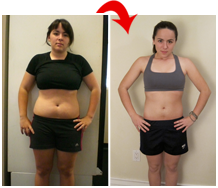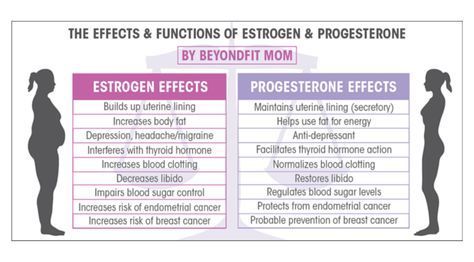< p>Emotional eating is a common response to stress, anxiety, and other intense emotions. It involves consuming large amounts of food as a way to cope or find comfort in difficult situations. Unfortunately, emotional eating can lead to weight gain and other health issues if not addressed. In this article, we will explore various strategies for overcoming emotional eating and building healthier habits.
< h2>Understanding Emotional Eating
< p>Emotional eating is often driven by cravings for high-calorie, sugary, or fatty foods. These foods trigger the release of feel-good hormones in the brain, providing temporary comfort and relief. However, this relief is short-lived, and the underlying emotions usually resurface, leading to a vicious cycle of emotional eating.
< h2>Identifying Triggers
< p>The first step in overcoming emotional eating is to identify the triggers that prompt this behavior. Triggers can vary from person to person and can be physical, social, or emotional in nature. They may include stress, boredom, loneliness, sadness, or even certain environments and situations. Once you have identified your triggers, you can start working on healthier coping mechanisms.
< h2>Developing Healthy Coping Mechanisms
< p>Reaching for food when faced with intense emotions may provide immediate gratification, but it is not a sustainable solution. Instead, try adopting healthier coping mechanisms to manage your emotions. Some effective strategies include:
< h3>1. Mindfulness and Meditation
< p>Mindfulness and meditation practices can help bring awareness to your emotions, thoughts, and cravings without judgment. By learning to observe your feelings rather than suppressing or reacting to them, you can develop a healthier relationship with food.
< h3>2. Engaging in Physical Activities
< p>Exercise is known to boost mood and reduce stress levels. Engaging in physical activities, such as walking, running, or cycling, can help distract you from emotional eating triggers and provide a natural endorphin release.
< h3>3. Seeking Support
< p>Building a support network of friends, family, or professionals can be crucial in overcoming emotional eating. Sharing your struggles and seeking advice from those who understand can provide the necessary encouragement and guidance to stay on track.
< h2>Creating a Healthy Food Environment
< p>The food environment plays a significant role in emotional eating. By creating a healthier food environment, you can make it easier to resist temptation and make mindful food choices. Here are some tips:
< h3>1. Stock Up on Nutritious Foods
< p>Fill your kitchen with wholesome, nutritious foods. Having readily available fruits, vegetables, lean proteins, and whole grains can make it easier to reach for healthier options when emotional eating strikes.
< h3>2. Limit Trigger Foods
< p>Avoid keeping trigger foods, such as chips, cookies, or ice cream, at home. If you only have healthier options on hand, you will be less likely to indulge in emotional eating.
< h3>3. Practice Mindful Eating
< p>Eating mindfully means paying attention to the sensory experience of eating, such as the taste, smell, and texture of food. Slow down, savor each bite, and listen to your body’s hunger and fullness cues. This can help prevent overeating due to emotions.
< h2>Developing a Personalized Plan
< p>Each individual’s journey to overcoming emotional eating is unique. It is important to develop a personalized plan that works for you. This may involve seeking professional help from a registered dietitian or therapist who specializes in emotional eating.
< p>Together, you can establish realistic goals, create a balanced eating plan, and address the underlying emotional issues contributing to your eating habits.
< h2>Stay Persistent and Practice Self-Compassion
< p>Overcoming emotional eating takes time and effort. Remember to be patient with yourself and practice self-compassion throughout the process. Focus on progress rather than perfection, and celebrate small victories along the way.
< p>By implementing these strategies, you can empower yourself to break free from the cycle of emotional eating and develop a healthier relationship with food and your emotions.
< p>Remember, it is okay to seek professional help if you find yourself struggling to overcome emotional eating on your own. With the right support and guidance, you can overcome this challenge and lead a healthier, more balanced life.






